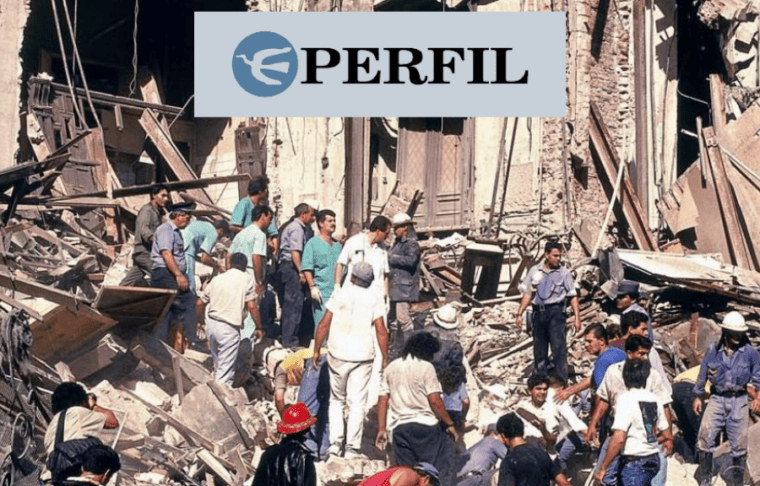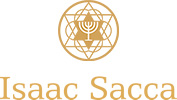30 years after the attack on the Israeli embassy: “We must act before hate arrives, because when it arrives it is too late”

Article published in Perfil on March 17, 2022
A new anniversary of the attack on the Embassy of the State of Israel in Argentina reminds us of the need to seek justice and respect human life above all else.
Why does someone decide to murder another person? How is it possible that a human being, motivated by an ideology, considers that they have a moral duty to murder another human being? How low can one sink and misrepresent moral values to the point of feeling that the terrorist killer is a martyr or a hero?
30 years after the attack on the Israeli embassy, there will be a series of tributes to remember the victims
Elie Wiesel, a writer who survived the concentration camps of Auschwitz and Buchenwald and winner of the Nobel Peace Prize, dedicated his life to commemorating the terrible events that occurred during the Shoah. His goal was to prevent similar genocides and massacres from happening again, which, in the name of an ideology that supposedly seeks the redemption of humanity, disintegrate and sully the inherent dignity of every human being.
Among his reflections, Elie Wiesel expressed an essential idea to avoid new attacks on human dignity: “we must act before hate arrives, because when it arrives it is too late”.
Attack on the Israeli Embassy
No one attacks others from one day to the next. First, there is no dialogue, then respect is left aside, later insults are hurled, next discrimination occur, and in the end, there is aggression. It is a process of dehumanization of the other. If we let this process take its natural course, the result will always be violence. This is what Elie Wiesel means when he says that we have to act before hate comes.
How to act before hate arrives? How to avoid it?
First, deliberately biased generalizations instigate hatred. Crime should never be identified with any group. Finding those responsible and guilty of the attack should not imply that we generalize towards a certain religious, ethnic or national group.
Status of the case that investigates the attack on the Israeli embassy
Second, we have to reverse the process of dehumanization. We have to talk and respect each other. We leaders have to create spaces for dialogue and convey to people that differences enrich us.
Finally, we have to become aware and understand that the battle against terrorism is won by investing in education, not with weapons. In the short term, a war can be a palliative; but, in the long run, the solution is education.
* Issac Sacca. Chief Rabbi of the Sephardic Community of Buenos Aires. President of Menora – World Jewish Organization for Youth.

